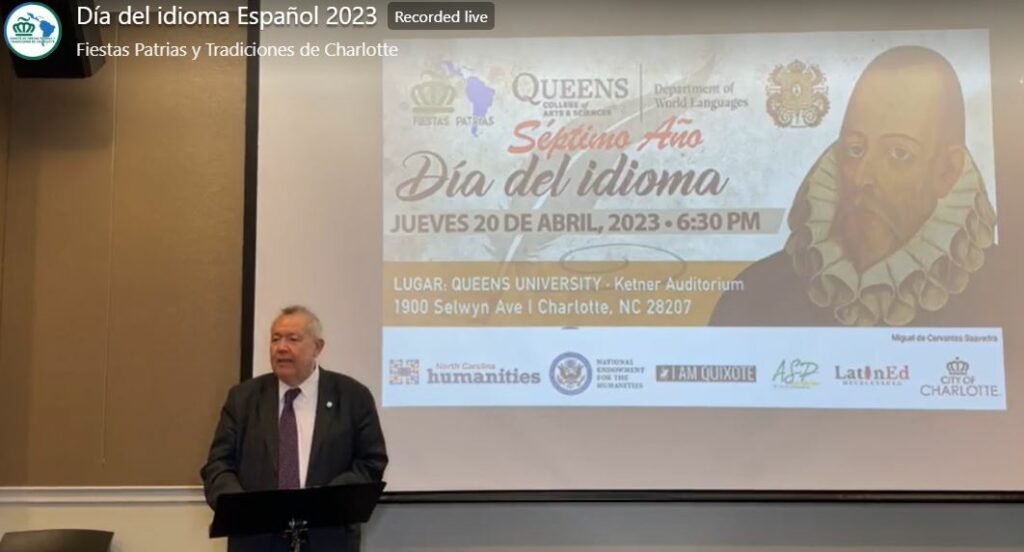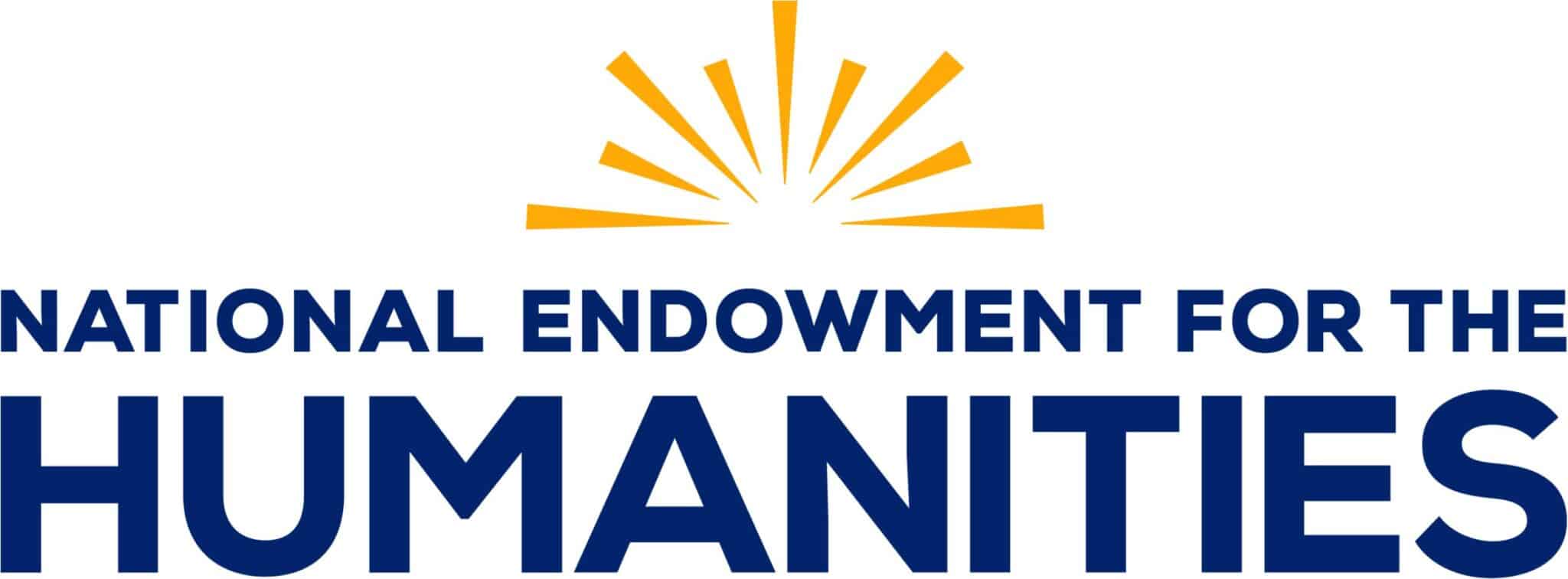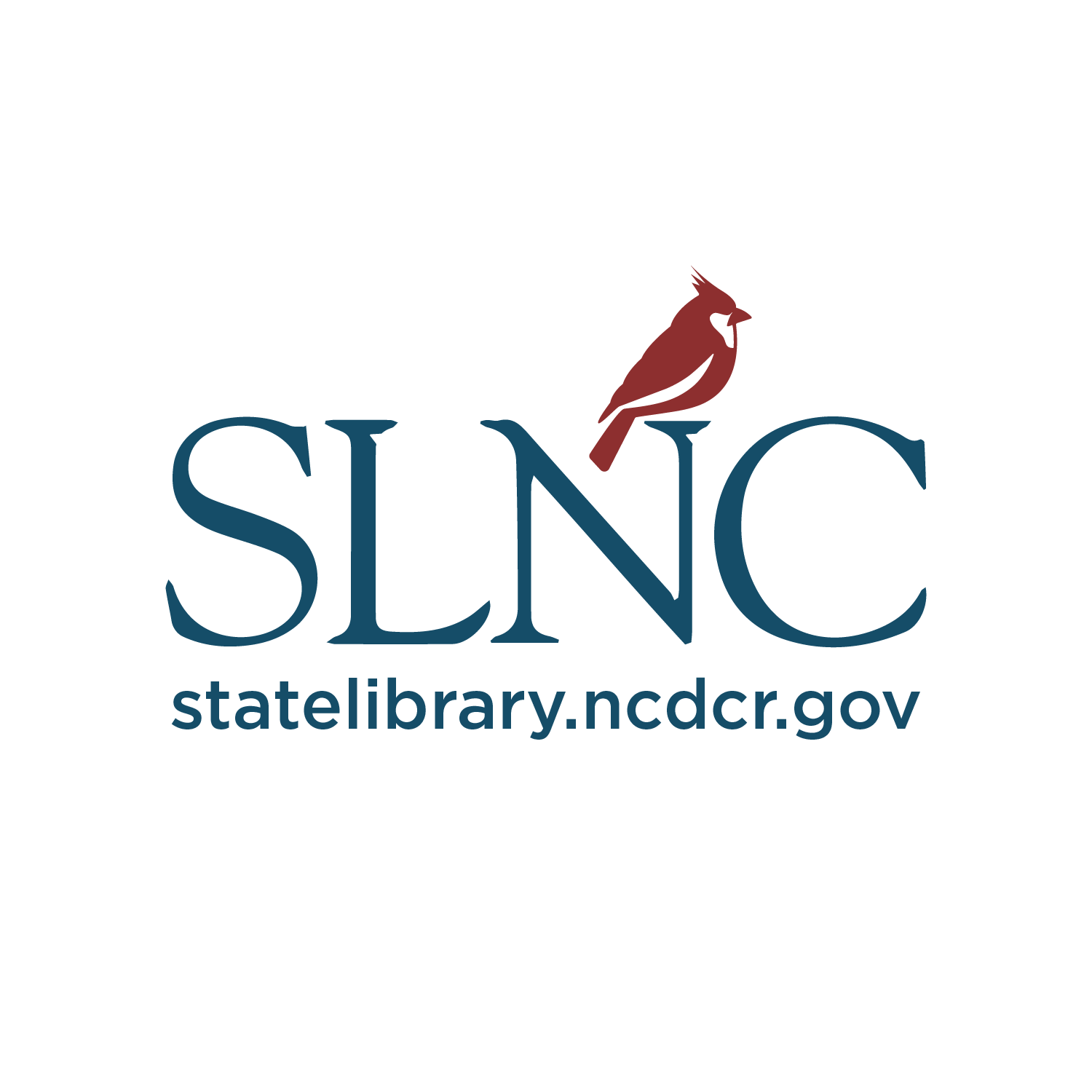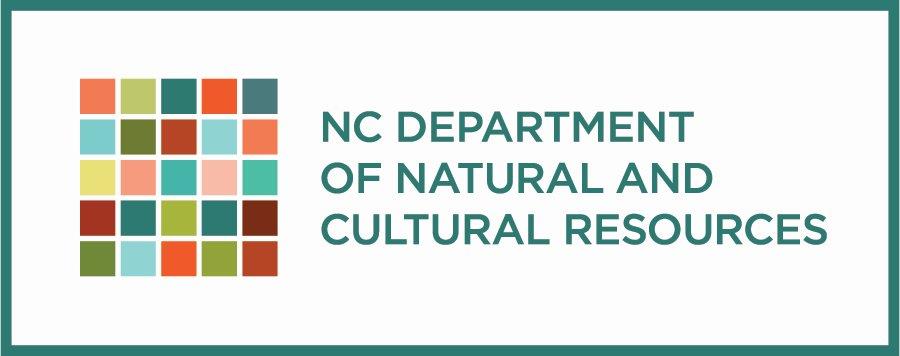Spanish is the second most widely spoken language after Chinese. Depending on your location and cultural traditions, Spanish sounds and is spoken differently all over the world.
Comité de Fiestas Patrias y Tradiciones de Charlotte, roughly translated in English to Charlotte’s Patriotic Celebrations and Traditions Committee, works across the Charlotte metro area to recognize and celebrate the languages and cultures of Latin American and Spanish-speaking countries.
In 2023, Comité de Fiestas Patrias y Tradiciones de Charlotte (CFPTC) received a North Carolina Humanities grant to help celebrate Spanish Language Day, which raises an appreciation for the 21 Spanish-speaking countries and their cultures. The Day of the Spanish Language originated in Spain in 1926, and in 1964 was adopted by all Spanish-speaking countries. Established in 2010 by the United Nations, Spanish Language Day is observed annually in April. You can watch this year’s CFPTC Spanish Language Day program recording on Facebook.
We connected with Liliana Wendorff, Professor Emerita of Queens University of Charlotte, and current North Carolina Humanities board trustee, to learn about how Spanish Language Day is celebrated in Charlotte and why celebrating different languages and cultures is important. Liliana’s native language is Spanish. She grew up in Piura, Peru and although both her mother and father spoke English, it was not widely used in the home. She came to North Carolina in her 20’s and spent 35 years teaching before retiring as the Chair of the World Languages Department at Queens University of Charlotte in 2022.

Tell us about Comité de Fiestas Patrias y Tradiciones de Charlotte. How did you get involved?
Liliana: The organization celebrates the national holidays of all the 21 Spanish-speaking countries by hosting local cultural programs and events with partners across the Charlotte area like Queens University of Charlotte, Johnson C. Smith University, and many others. The organization also works closely with community members to make sure events and programs are authentic. I have attended many events in the past and am always amazed at the quality and how happy people are to be there. The events really bring the community together and showcase typical dress, dance, art, food, and more. This year, I served as a liaison between Queens University and the organization to celebrate Spanish Language Day.
 What is Spanish Language Day?
What is Spanish Language Day?
Liliana: Spanish Language Day is a day to celebrate the Spanish language! It is typically held April 23 because that is the day when Miguel de Cervantes, the author of Don Quixote, died. Coincidently, Shakespeare also died on April 23. It was started by the United Nations, and it is celebrated all over the world. This year we hosted 21 Spanish speakers from the 21 Spanish-speaking countries to give short presentations about the linguistic particularities of the languages spoken in their countries. I explain the differences in Spanish as the differences between British English and American English. It’s rubbish bin or trash can. This year the event was held at Queens University of Charlotte and was attended by over 400 people in-person and virtually. We had many students and teachers attend. It was the most well-attended Spanish Language Day to date! The presenters talk in their native language and discuss things like the contributions of indigenous language into Spanish, slang, food, and other culturally relevant topics. Hearing everyone speak is a lot of fun because some things that are acceptable in one county may sound totally different, even vulgar, in another country! After attending the event we hope attendees can recognize and appreciate the differences in the language and countries.
What was your experience like working with North Carolina Humanities?
I love Spanish Language Day because you get to see cultures from all over the country right here in Charlotte. It was a great event this year thanks to the help of North Carolina Humanities. Thanks to this support we were able to update our website and publish the Spanish Language Day program recording.
Why are humanities, language, and history important?
The humanities help us grow. Exploration and appreciation of history, literature, and languages enriches a person. Even after you leave school, the humanities can help with job training and can be a lifelong pleasure. As a board trustee at NC Humanities, I have seen how NC Humanities makes a difference across the state through its public humanities programs and grant opportunities, particularly in rural places. It is a pleasure to serve on this board. The humanities are for everyone.
How can people support Comité de Fiestas Patrias y Tradiciones de Charlotte?
Please attend one of our upcoming events! In August we will host events celebrating the independence of Bolivia, Ecuador, and Uruguay. Everyone is welcome! You can also donate at: https://fiestaspatriascharlotte.com/donaciones/.
About North Carolina Humanities’ Grantee Spotlights: NC Humanities’ Grantee Spotlights shine a light on the incredible work of our grantee partners, offering details about their funded project, and feature a Q&A with a team member(s) associated with the organization.
This interview has been edited for length and clarity.









